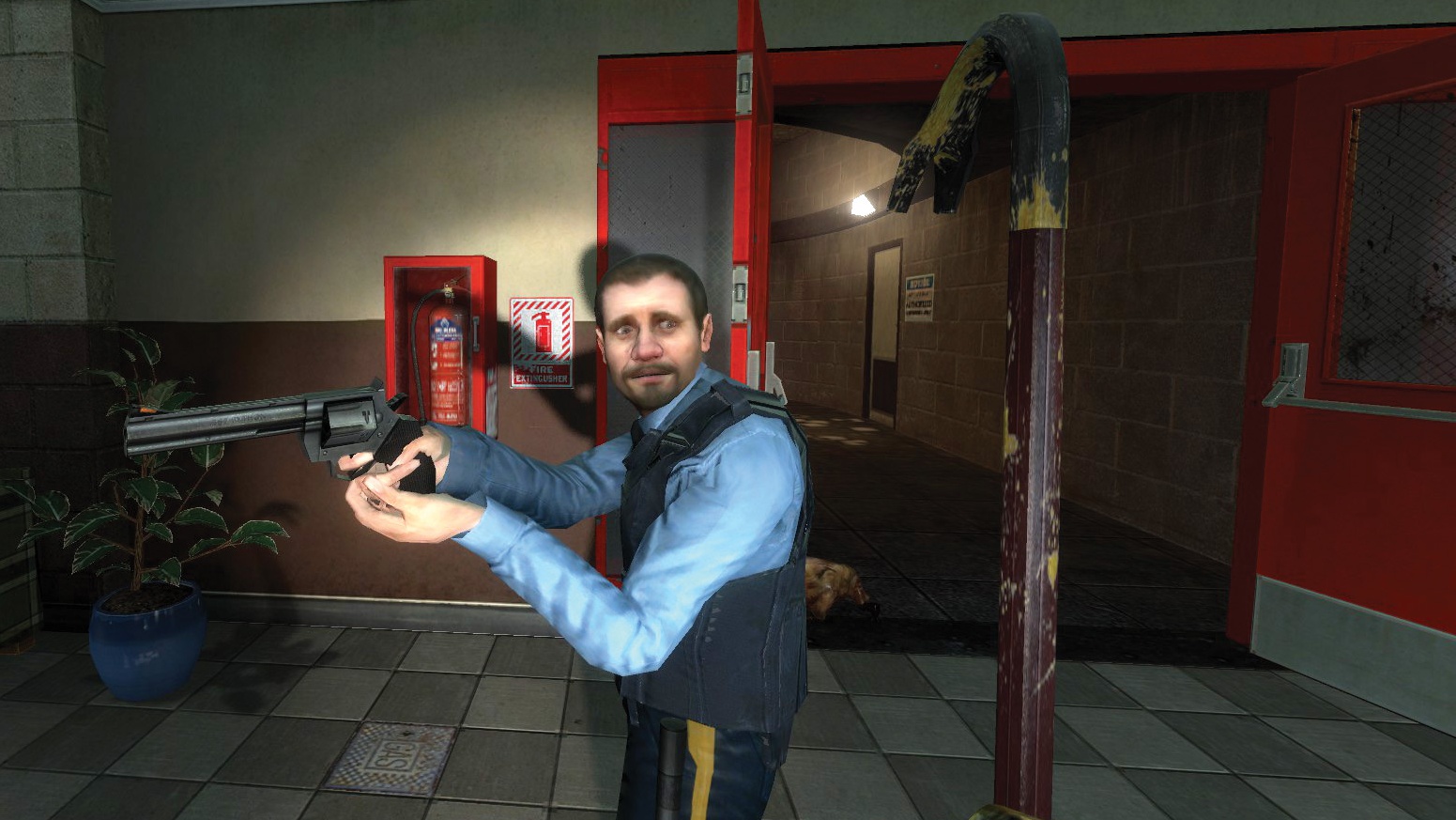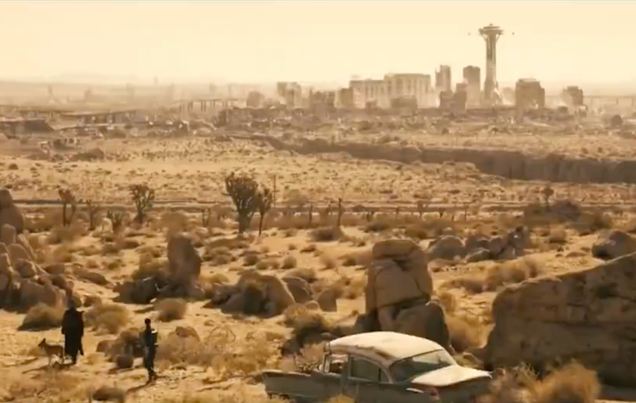
Problemista Review
Writing about A24’s Problemista is what I imagine it must be like to catch a cloud in a jar: fascinating, fun, and so utterly impossible. This film is unpredictable and revelatory and I’m looking at it wondering just how to encompass all of that within a few hundred words. Comedian Julio Torres’ feature-length debut as a writer, director, and star is an infinitely faceted jewel from the mind responsible for some of the finest, most sharply observed Saturday Night Live sketches of the past 10 years. (He was more of a behind-the-scenes presence on SNL, but surely you’ve seen Ryan Gosling spiraling into madness over the font on the Avatar poster.) It’s a fairy tale grounded in the stark realities of adulthood – the immigration process, namely – that are massively defeating and yet so ludicrously absurd. Problemista deconstructs a hero’s journey for us piece by piece, subverting our expectations or cleverly confirming them, until we reach a happily ever after informed by a deeply empathetic understanding of human loneliness.
Torres is a master of deconstruction. His comedy thrives on his ability to take a simple observation and pinpoint how the smallest of changes can completely alter its meaning. This is evident in the products dreamed up by Alejandro, the aspiring toymaker Torres plays in Problemista: A Slinky that can’t descend stairs by itself and instead encourages children to embrace the journey on their own. A Barbie doll with its fingers crossed behind its back to add an air of “tension” to playtime. Cabbage Patch Kids with cell phones to indicate their own internal lives and interpersonal relationships. The mere combination of these words is funny enough to begin with; it’s even funnier to hear those words recited in Torres’ droll deadpan and visualized in art-gallery-meets-QVC cutaways.
A piece of Ale’s fantasyland of oddball introspection is revealed in each design. If Problemista is a fable, he stands at its center like a wandering fae. Ale has been raised with such love and safety by an artist mother that his meek navigation of an unforgiving New York City comes across like a Little Red Riding Hood sequel in which she grows up and starts looking for jobs.
Opposite Alejando is Elizabeth, an unhinged art critic played with brilliantly frenetic energy by Tilda Swinton. She’s at once an adversary and mentor to Alejandro, holding the keys to visa sponsorship over his head while fire-breathing demands at everyone she meets. She’s a prototypical wicked witch imbued with remarkable complexity. As with Ale and his toys, Elizabeth’s state of mind is cleverly exposed in the smallest details of her styling. Undergoing an arrested state of mourning for her artist partner Bobby (RZA) – who isn’t quite dead, just cryogenically frozen – she maintains a red dye job that speaks to her boldness. The untouched roots of those blazing locks, meanwhile, let the audience know she’s given up self-care rituals like regular salon visits.
Loneliness is the unnamed antagonist creeping at the edge of the film. Ale’s boss becomes his closest acquaintance because, like many young people, work consumes his life. Throw into the mix the added dimension of his precarious immigration status – something characters like his roommate can sympathize with but never understand – and Ale’s every waking minute is devoted to the act of survival. Torres takes care to put the small indignities of adulthood on display here. Is it really just a catalog in Filemaker Pro (to name one amusingly hyper-specific, arduous task Ale is saddled with)? Or is it your very own version of Sisyphus’ rock? How many times have you apologized when you didn’t mean it? Or deferred to an arrogant superior? How many times have you turned down plans to save a little money? It’s death by a thousand cuts, and it’ll kill you if you aren’t careful.
From this perspective, and within Problemista’s dreamlike vision of scraping by in the big city, unpleasant obstacles grow to mythic, monstrous scale. Take the treacherous labyrinth of the broken U.S. immigration system. Ale navigates twisting staircases, locked doors, and unreachable keys as a narrator (Isabella Rossellini) explains the sheer impossibility of acquiring a visa. An inventive depiction of Craigslist (Larry Owens) personifies the classifieds site as a mysterious, beckoning creature in an eerily luminescent lair – think Ursula from The Little Mermaid, promising her “poor unfortunate souls” whatever they desire at a steep cost.
It’s Ale’s journey that makes Problemista as poignant as it is.
Problemista finds a way to complicate our perception of Elizbeth – who Bobby used to call “the hydra,” a term of endearment that factors into the film’s most overt fantasy sequence – while also driving home the power imbalance between her and Alejandro. She’s a wealthy white woman, equipped to game a system effectively built just for wealthy white people. Elizabeth isn’t a good person, and it’s significant that we’re never asked to think of her that way. Instead, she’s a warped creature to mirror Ale. A monster to defeat and to tame. Their relationship is central to Problemista, but it’s his journey that makes the film as poignant as it is. He still finds a way to benefit from their bizarre arrangement. If Ale’s mother taught him he deserved the world, Elizabeth teaches him to demand it.








